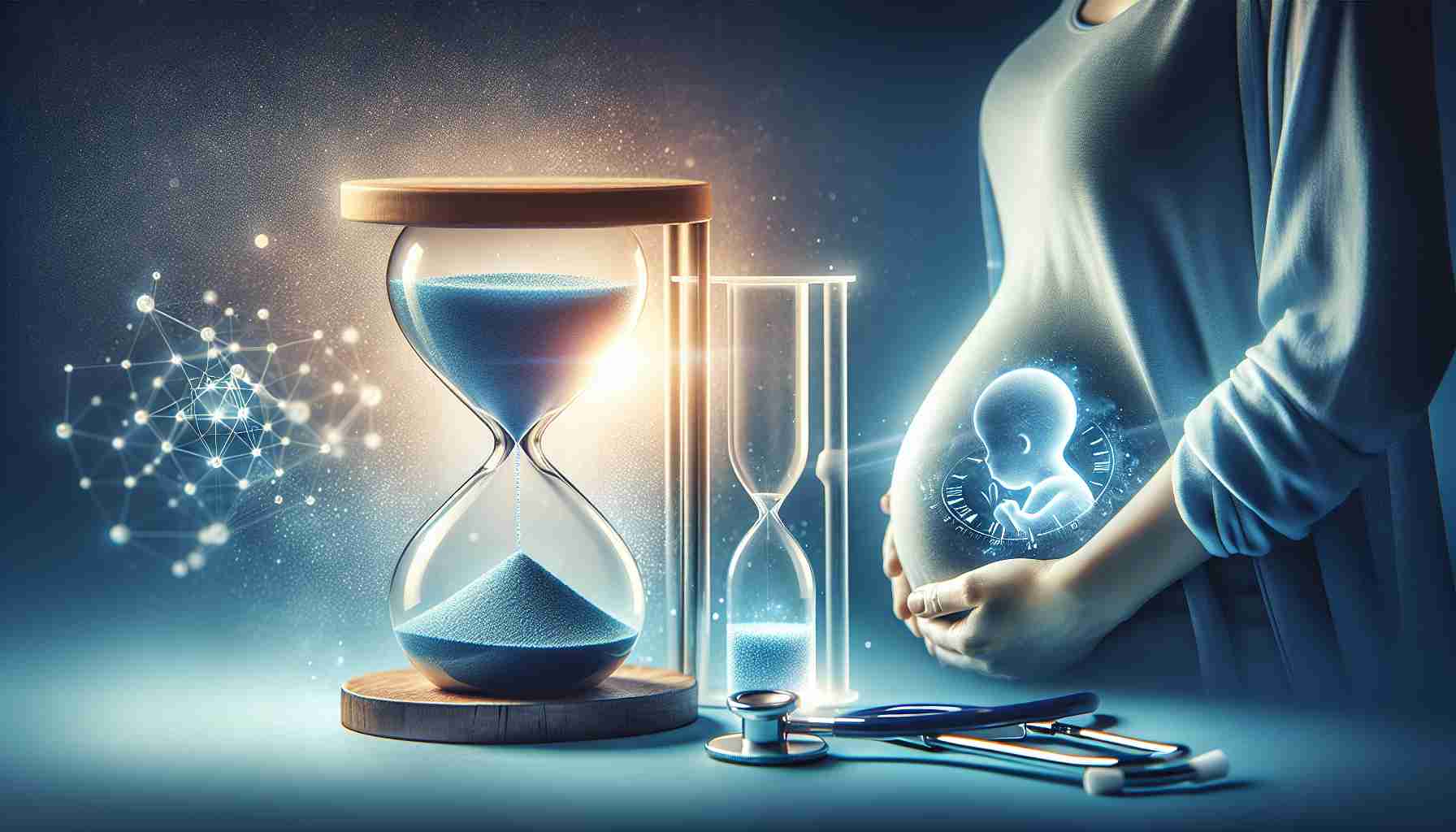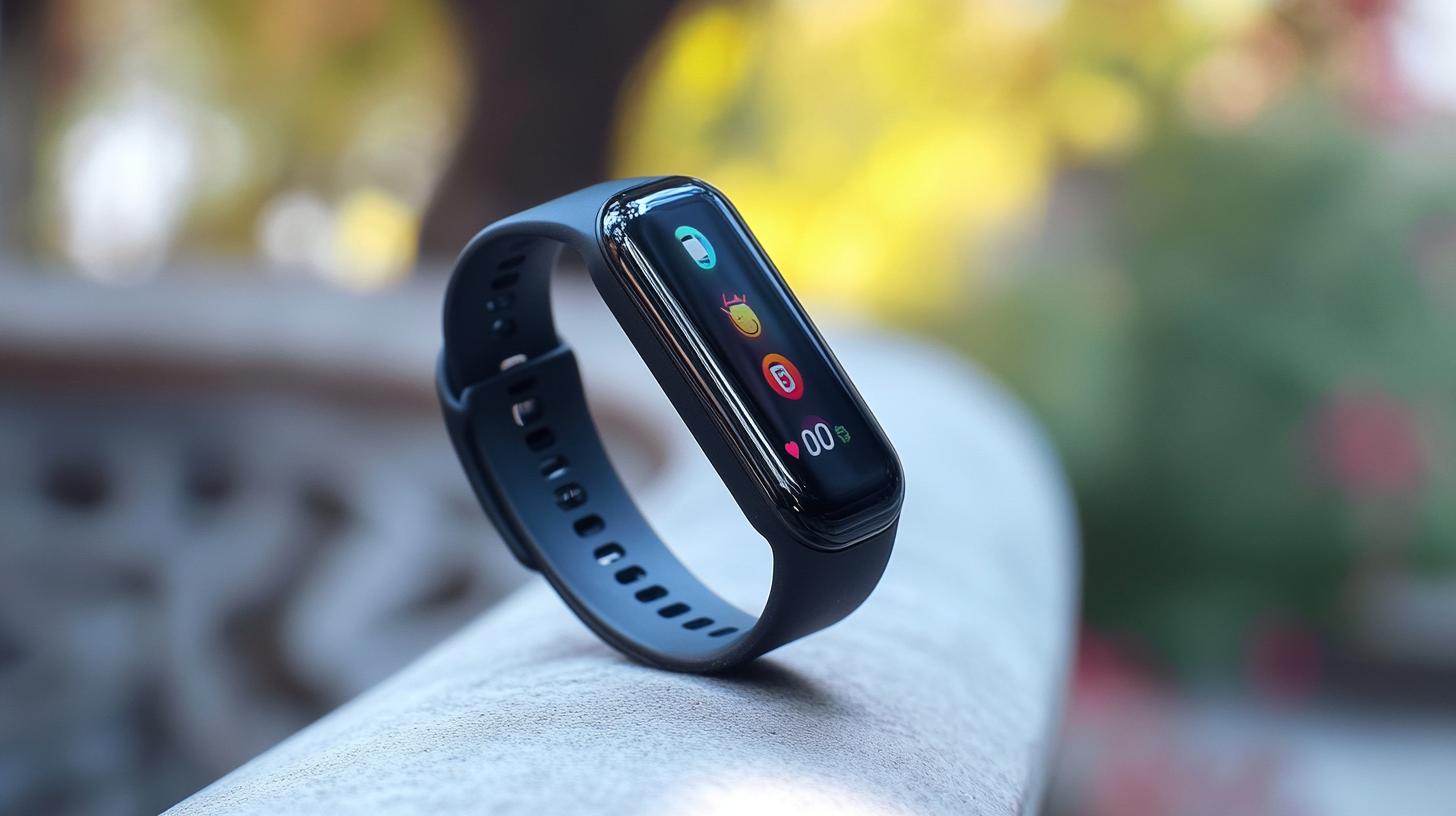When considering the best time to get pregnant, many factors come into play, from personal circumstances to biological clocks. While there’s no universally “perfect” time, science offers guidelines that can help prospective parents make informed decisions.
From a biological perspective, the ideal time for a woman to conceive is in her late teens to late 20s. During this period, fertility is typically at its peak, and the risks associated with pregnancy, such as miscarriage and genetic abnormalities, are generally lower. According to the American College of Obstetricians and Gynecologists, a woman’s fertility starts to decline in her early 30s, with a more significant drop after age 35.
However, physical readiness is just one part of the equation. Emotional, financial, and social preparedness are crucial factors influencing the decision to become parents. Many couples opt to wait until they are settled in their careers or have stable relationships, even if it means delayed parenthood. It’s important to balance the biological clock with these life circumstances.
Moreover, men’s fertility also impacts timing. While men remain fertile longer, their sperm quality can begin to decline after 40, which might contribute to fertility issues or genetic risks in children.
Ultimately, the decision of when to get pregnant is a deeply personal one, integrating medical advice with personal aspirations and current life phase. Consulting healthcare providers can ensure that couples receive supportive guidance tailored to their unique situations. Planning a pregnancy with informed insight can aid in creating the most auspicious conditions for welcoming a new life.
Surprising Truths about Timing Pregnancy: What No One Tells You
When contemplating the timing of pregnancy, an often-overlooked aspect is how societal pressures and misinformation can influence personal decisions. It’s a fascinating, albeit controversial, revelation that women who give birth in their early 20s might experience better long-term health compared to those who wait until their 30s. However, this doesn’t necessarily translate to modern career-oriented lifestyles, where early motherhood may clash with personal and professional goals.
What’s the Best Time to Get Pregnant?
The notion of a “best” time hinges not just on biology but also on life circumstances. Studies indicate that while physical peak fertility occurs in the late teens to late 20s, many achieve significant emotional and financial milestones only in their 30s. This trade-off between biology and modern living raises questions: Should societal structures evolve to support early parenthood, or should biological norms adapt to societal developments?
Advantages and Disadvantages
Opting for early parenthood can lower medical risks but may disrupt career progression and financial stability. On the flip side, waiting until your later 30s often means established stability but presents higher medical risks like reduced fertility and pregnancy complications.
Intriguing Considerations
Is our society equipped to offer real support for those choosing to start families young? And, how does this reflect cultural attitudes towards family life?
For more about preparing for a family, visit ACOG or explore insights on modern parenting at March of Dimes.
The decision on timing isn’t merely a scientific one but a tapestry of personal needs, societal pressures, and long-term forecasting of life outcomes.






















